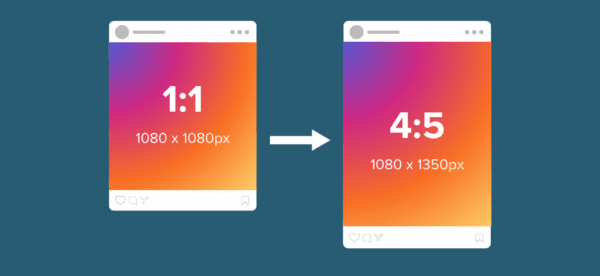Are Facebook’s Days as a Social Destination Numbered?

I don’t know about you, but I use Facebook much more rarely than I did in the past — and I’m not the only one.
There’s been a lot of talk about how Facebook users are sharing less, the rise and spread of fake news on the platform, and how Instagram and Snapchat are becoming more popular with younger users.
The company has dealt with a fair share of controversies recently, from its response to fake news to its admission of inflating video metrics to what it will do to get users on its Facebook Live platform.
Personally, I stopped using Facebook after realizing what a time-suck it had become, and I’m glad I did. Not only was I way more productive (and didn’t really miss out on anything that was being posted), I also managed to avoid the giant cesspool that most people’s Facebook feeds turned into around the 2016 presidential election.
It may not seem like a big deal right now — Facebook is still a behemoth, as evidenced by its place as the top smartphone app in 2016 (and owning 3 of the top 10) — but there’s a legitimate question to be asked: is Facebook’s day as a social destination numbered?
Why This Matters to Your Business
If you’ve decided that Facebook is the right social network for your business, these controversies and trends should be on your radar.
We’ve always believed that social media should be a place of marketing and customer engagement, but you should never pitch your tent there. Meaning, sites like Facebook and Twitter are meant to drive messaging about your brand, push people to your website, and interact with your customers and peers in your industry.
If that’s the approach you’re taking (which I hope you are), you’re in a good position. But if you’re not — and you’re building your business on the back of Facebook (or Twitter, or Pinterest, or any platform that you don’t own) — then you quickly need to re-asses and map out how to move forward.
We don’t know exactly how Facebook will change, but we can make some informed guesses. It certainly appears to be skewing older than it has in the past, with a bigger focus on video and images. That may be good for your business, or it may be that your target customers are moving on.
But there’s one certainty: people go where other people are. So if a large number of Facebook users start using other social media platforms, it’s likely that more and more will join them.
What You Should Do Moving Forward
So, how should you approach this? It depends on how you’re currently using Facebook.
If you are using Facebook as a promotional tool, then your road ahead isn’t as difficult to map out. Any declines in Facebook usage may be reflected in your referral numbers or customer engagements, but as new platforms emerge, it’s simply a matter of building your presence there and engaging in the right social media best practices for that network.
If you are heavily invested in your Facebook presence — meaning you create content there, host video and images there (with no copies or presence on your own website), and use offline marketing to drive people there — then you need to build a plan to start investing in a property you actually own (like your own website).
It’s never a great idea to build your house on someone else’s land, because as soon as they change the rules, you’re affected in unpredictable ways. It’s why we tell people you can’t just rely on Google to send traffic to you — you have to drive your digital presence.
That doesn’t mean you can’t use these tools to achieve your goals — you absolutely should — but make them work for you. Use them to help build your business; don’t let them use you to build their business.
The Future of Facebook
We can’t say for sure what Facebook will look like a month, 6 months or a year from now. There’s plenty of people who thought it would go the way of MySpace or Friendster into Internet history.
But from the evidence and trends we’re seeing, and the ability of new social media platforms to spring up and engage with users, it’s clear that Facebook isn’t what it used to be. And if the users and engagement begin to suffer, you need to be ready to adjust accordingly.

